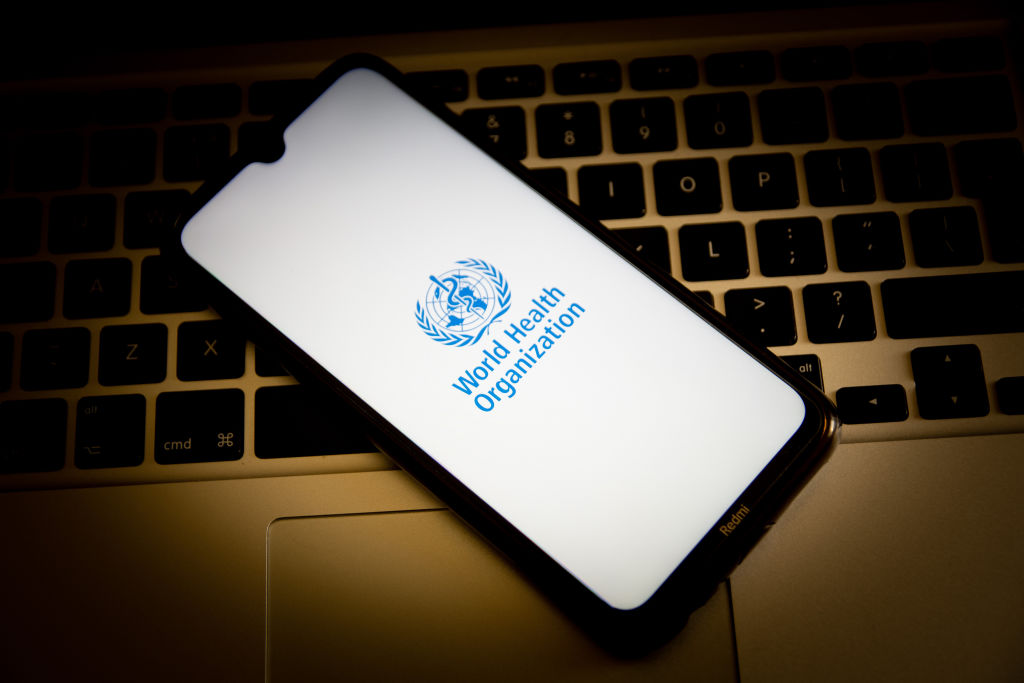
The World Health Organization (WHO) recommended on May 18 that the next COVID-19 vaccines should no longer include the original SARS-CoV-2 virus—which all existing vaccines currently do—and instead contain a different version of the virus to better match circulating variants.
Currently, this means a version of the virus from the XBB.1 family, which is now responsible for most of the new COVID-19 infections around the world. The group that made the recommendation, called WHO’s Technical Advisory Group on COVID-19 Vaccine Composition, suggested that the XBB.1.5 variant be included in the next vaccine.
WHO also recommended that the updated vaccine contain only an XBB variant, and not more than one version of the virus. While the advice isn’t binding, it forms the foundation for decisions made by health officials for vaccines in their respective countries. Some public-health officials have been urging including at least two different virus strains in the next shot, since that increases the likelihood of matching whatever viruses might be circulating in the future. These experts have looked to influenza as a model; the annual flu shot targets four different strains of the virus to maximize the chances of protecting people against disease.
Read More: The Pandemic Didn’t Really Change How Americans Think About Sickness
In explaining its recommendation, the WHO group noted that there are only small differences among the existing XBB variants, and that “other formulations and/or platforms that achieve robust neutralizing antibody responses against XBB descendent lineages can be considered.”
The most recent COVID-19 shot in the U.S. is a bivalent booster that targets the original version of SARS-CoV-2 and two Omicron variants: BA.4 and BA.5. While this shot and its predecessors continue to protect well against severe COVID-19, hospitalization, and death, they are less effective at blocking infection, since the antibodies they produce tend to wane after several months. Updating the COVID-19 vaccine is an important way to counter this waning effectiveness, but only if the strains in the vaccine match relatively well to whichever ones are causing infections. Targeting only one version of the virus could lower the chances that this coordination will happen.
The WHO’s recommendation will likely be one piece of data that the U.S. Food and Drug Administration (FDA)’s vaccine experts consider when they meet in June to discuss which strains of the virus should be included in the next COVID-19 vaccine. The group is moving toward recommending a single COVID-19 shot once a year for most people, and additional shots for the elderly and those with weakened immune systems. In previous meetings, the FDA committee noted that the WHO’s recommendation would be important to consider, as aligning vaccine guidelines around the world reduces confusion and increases the likelihood that people will get vaccinated.
More Must-Reads from TIME
- Cybersecurity Experts Are Sounding the Alarm on DOGE
- Meet the 2025 Women of the Year
- The Harsh Truth About Disability Inclusion
- Why Do More Young Adults Have Cancer?
- Colman Domingo Leads With Radical Love
- How to Get Better at Doing Things Alone
- Michelle Zauner Stares Down the Darkness
Contact us at letters@time.com